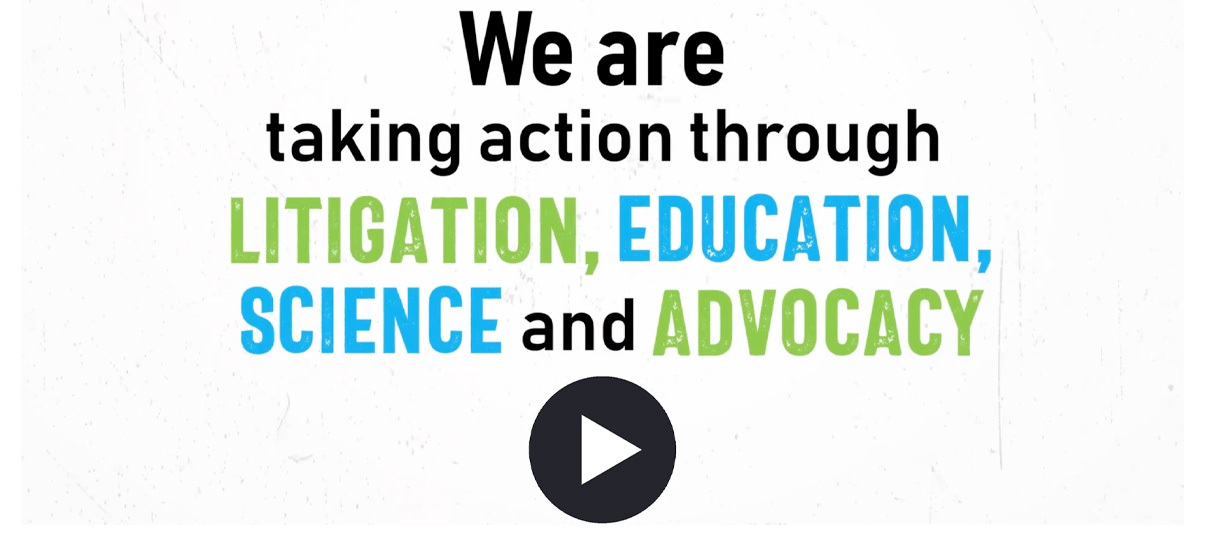Sovereign, Spiritual & Free Human Beings
Photo via Unsplash
For any of us, at any moment in our lives, the question: “What Does It Mean To Be A Human Being” can be sobering and thought provoking. Our respect for this question and our response to it will impact how we live our lives and how we rear, educate and relate to our children. The attack on our humanity, during the last three and one half years under the guise of a pseudo-pandemic, has made this question all the more poignant and urgent.
Peter Breggin MD. & Ginger Breggin address this question in an essay titled: Humanity’s Ageless Struggle … What Is a Person Worth? Competing answers have been the cause of many conflicts throughout human history. The current global conflict between those intent on ushering in a great reset or new world order under the guise of a pseudo-pandemic and those resisting this because of its suppression of human freedom(s) and values is a classic example of a conflict based on differing ideas of what it means to be a human being.
One view of a human being, the authors say, is that we are spiritual beings who have inherent and inviolable worth while an opposing view simply argues that “We are Not Beings with Inviolable and Inherent Worth“. If certain others are of the view that we do not possess Inviolable and Inherent Worth they may believe they have the right to abuse us or view us as as dispensable; one is reminded of Dostoevsky’s remark in The Brothers Karamazov: “If God doesn’t exist, everything is permissible“
Human “beings“ with inherent and inviolable worth are fundamentally spiritual and from their worth “grows their right to take responsibility for themselves in making the most they can out of life while recognizing and promoting the equal inherent and inviolable value of all humans.” This view begins with the love we share, whether as parents for our children or as individual adults for each other. It took religion, the authors say, to enable humans “to see beyond their extended families to believe that all human beings have inherent and inviolable worth” and this Judeo-Christian inheritance,
led the Founders of [the U.S.] in 1776 to write and sign the Declaration of Independence, finding in God our inalienable rights to life, liberty, and the pursuit of happiness. With the ratification of the Constitution in 1789 and the Bill of Rights in 1891, the United States of America came fully into being — the first government ever created for the preservation and advancement of the individual freedom of its citizens. To say that these principles have made America “exceptional” hardly captures the reality that no other nation in history had ever created a government based on the inviolability of individual human rights as expressed in its founding documents.
The view that “We Are Not Beings with Inviolable and Inherent Worth” has meant that those who are not part of our family or tribe are labeled as strangers, with the result that they are treated with indifference and hostility. The authors outline a variety of definitions of stranger or “the other”:
It may be another race, the other sex or a different sexual orientation, children, old people, mental patients, prisoners, a lower caste, slaves, another nationality or religion, foreigners and immigrants, a different political ideology, a different social or economic class (e.g., the bourgeois or the peasants), and progressives with conflicting views — whatever label it takes to create sufficient separation from “the other” or “the stranger” to justify callous indifference, abuse, hatred, control, and violence.
The same year the U.S. Constitution was signed, 1789, the French Revolution began. Peter and Ginger reference a book titled: The Origins and Principles of the American Revolution Compared with the Origin and Principles of the French Revolution by Friedrich Gentz (1764-1832) and translated into English by John Quincy Adams, sixth president of the United States. Their thesis, supported by Gentz’s book, is that The French revolution was a comprehensive violation of rights and established an absolute wrong. It was an offensive revolution while the American revolution was a defensive revolution. They quote Gentz:
The French revolution, therefore, began by a violation of rights, every step of its progress was a violation of rights, and it was never easy, until it had succeeded to establish absolute wrong, as the supreme and acknowledged maxim of a state completely dissolved,· and yet existing only in bloody ruins.
The American revolution was from beginning to end, on the part of the Americans, merely a defensive revolution; the French was from beginning to end, in the highest sense of the word, an offensive revolution.
This difference of itself is essential and decisive; upon it rests, perhaps more than upon any other, the peculiar character, which has distinguished these two revolutions. The French revolution, therefore, began by a violation of rights, every step of its progress was a violation of rights, and it was never easy, until it had succeeded to establish absolute wrong, as the supreme and acknowledged maxim of a state completely dissolved,· and yet existing only in bloody ruins.
The Breggins argue that the offensive motivations and intentions which fomented the French revolution are in essence the same as the offensive motivations and intentions behind the Globalists‘ drive for a Great Reset and New World Order. Both were/are wrong and profoundly anti-human. Conversely the defensive motivations and intentions which inspired the American revolution are the same as the defensive actions being taken today by those of us who are fighting to protect and defend our fundamental freedoms, values and human way(s) of life. In their essay, Humanity’s Ageless Struggle … What Is a Person Worth?, Peter Breggin MD and Ginger Breggin brilliantly show how the defensive war we are fighting against the Globalists is another chapter of the same war fought by America’s founding fathers in their defensive revolution against the British crown. Both of these are battles for humanity and for an understanding of human persons as Beings with Inherent and Inviolable Worth.
Peter and Ginger end their essay, Humanity’s Ageless Struggle … What Is a Person Worth? with these words:
Underlying the coalition among global predators is that ageless assault on the most beautiful and liberating concept that humans have ever created or received from God — that we are, each and every one of us, treasures with inherent worth and inviolable rights, including property, life, liberty, and the pursuit of happiness.
No human being should ever be required to submit to being treated as a non-human being. There can be no legitimate religion, philosophy, legislation, judicial opinion, law, or edict that legitimately makes any of us forfeit our inherent worth as human beings and our right to be free to make what we can of our own lives. We stand united with millions of Americans and millions more throughout the world to declare that “We are human beings and will not be denied our individual value and our freedom.”
Humanity’s Ageless Struggle … What Is a Person Worth? by Peter Breggin MD and Ginger Breggin can be read here.
Donagh Healy

